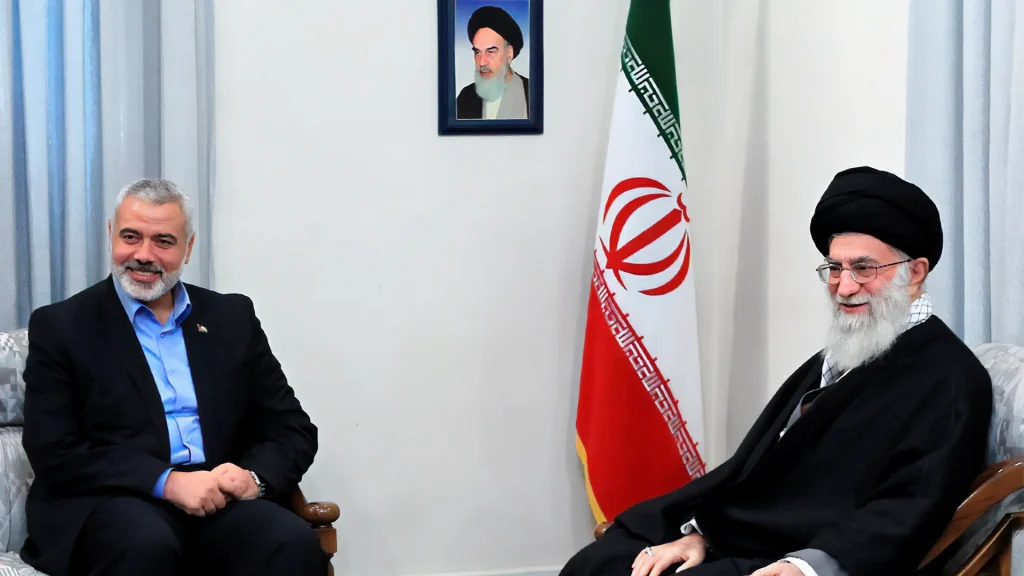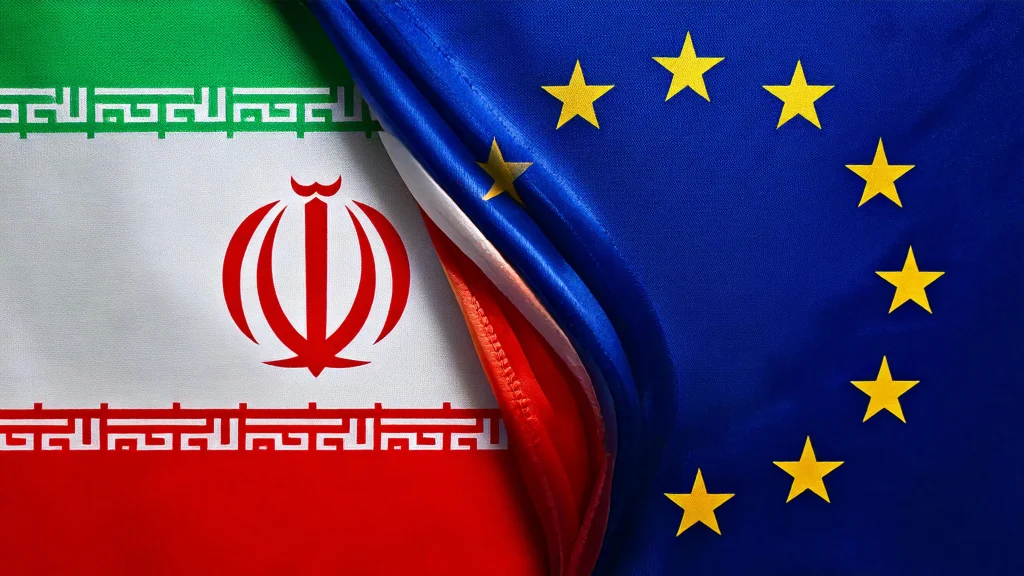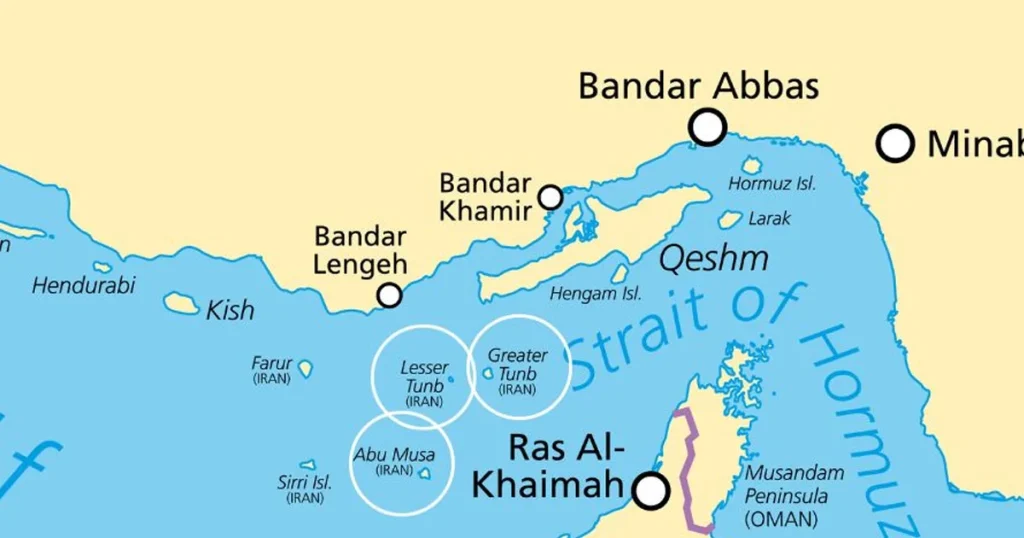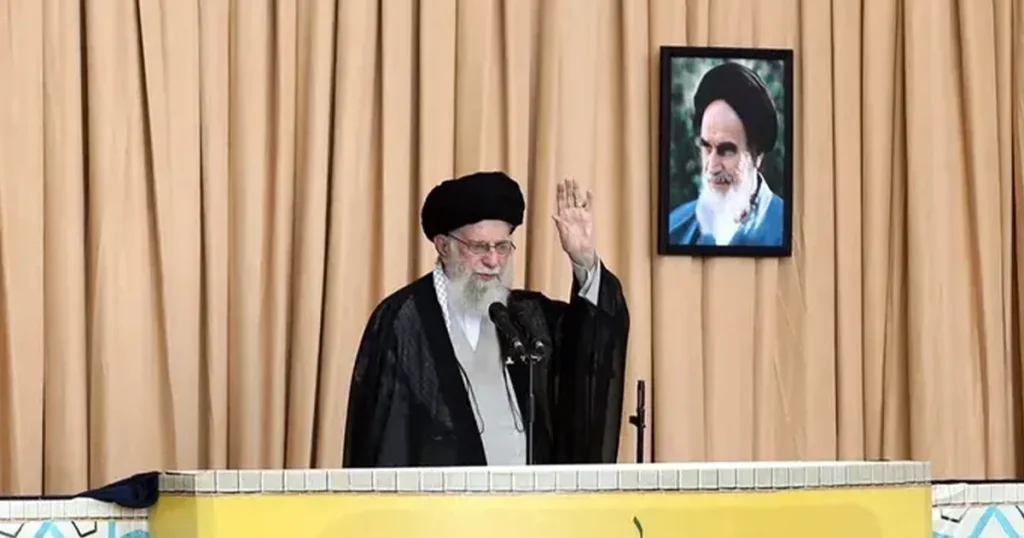On July 31, 2024, the leader of Hamas’ political bureau, Ismail Haniyeh, was assassinated in Tehran. This incident is a significant development in Middle Eastern geopolitics, showcasing Israel’s far-reaching capabilities and highlighting the vulnerabilities within the Islamic Revolutionary Guard Corps (IRGC). Haniyeh’s death not only marks a substantial loss for Hamas but also exposes the weaknesses of the IRGC, which failed to protect a high-profile ally on its own soil.
The Incident
Ismail Haniyeh was reportedly killed in an Israeli attack while attending a ceremony for Iran’s new president in Tehran. Hamas quickly blamed Israel for the assassination, a claim that underscores the ongoing hostilities between Israel and Hamas. This event follows a series of targeted killings of Hamas leaders by Israel, demonstrating Israel’s commitment to neutralizing threats irrespective of geographical boundaries.
Ismail Haniyeh: A Key Figure in Hamas
Ismail Haniyeh has been a central figure in Hamas for many years, leading its political bureau and orchestrating various strategies against Israel. His assassination in Tehran is a symbolic victory for Israel and a critical blow to Hamas, an organization already reeling from continuous Israeli assaults on its leadership and infrastructure.
The IRGC’s Failure
The assassination of Haniyeh in Tehran, a stronghold of the IRGC, reveals significant weaknesses in Iran’s security apparatus. The IRGC, tasked with protecting Iran’s interests and its allies, failed to safeguard a key figure within its own borders. This failure not only diminishes the IRGC’s reputation but also raises questions about its ability to protect other allied leaders and key figures.
- Security Lapses: The successful execution of this assassination within Tehran indicates serious lapses in the IRGC’s security measures. Despite being in a highly protected environment, Haniyeh was vulnerable, showcasing the IRGC’s inability to shield its allies.
- Impact on Morale: This event will likely have a demoralizing effect on other groups supported by the IRGC, knowing that even in Iran, their safety is not guaranteed. It sends a clear message about the reach and effectiveness of Israeli intelligence and operational capabilities.
Israel’s Strategic Reach
Israel’s ability to carry out such an operation in the heart of Tehran is a testament to its extensive intelligence network and operational prowess. This event highlights several key aspects of Israel’s strategic capabilities:
- Intelligence Superiority: Successfully targeting Haniyeh in Tehran required precise intelligence and planning. This operation underscores Israel’s superior intelligence capabilities in tracking and eliminating high-value targets far beyond its borders.
- Operational Reach: The assassination demonstrates Israel’s operational reach, indicating that no location is beyond its capabilities. This serves as a deterrent to other hostile entities, signaling that Israel can and will target threats wherever they may be.
- Psychological Impact: Beyond the immediate tactical advantage, such operations have a significant psychological impact on Israel’s adversaries. Knowing that their leaders can be targeted even in perceived safe havens adds a layer of vulnerability and disrupts their strategic planning.
The Need for UK and EU Action Against the IRGC
Given the IRGC’s demonstrated inability to protect its allies and its ongoing support for terrorism, it is imperative for the UK and the EU to fully proscribe the IRGC as a terrorist organization. This move would have several critical benefits:
- Curtailing Terrorism: A full proscription would significantly hamper the IRGC’s ability to fund and support terrorist activities, thereby reducing global terrorism.
- Strengthening International Security: Such a designation would enhance global security efforts by curtailing the IRGC’s operations and influence beyond the Middle East.
- Diplomatic Pressure: Proscribing the IRGC would increase diplomatic pressure on Iran to alter its behavior and reduce its support for militant groups.
- Supporting Allies: This move would reaffirm the commitment of the UK and the EU to their allies, particularly Israel, and demonstrate a unified stance against terrorism.
Conclusion
The assassination of Ismail Haniyeh in Tehran underscores the vulnerabilities of the IRGC and highlights Israel’s far-reaching capabilities. This incident should serve as a catalyst for the UK and the EU to take decisive action against the IRGC by fully proscribing it as a terrorist organization. Doing so would not only curtail terrorism but also bolster international security and support global efforts to combat extremism.






